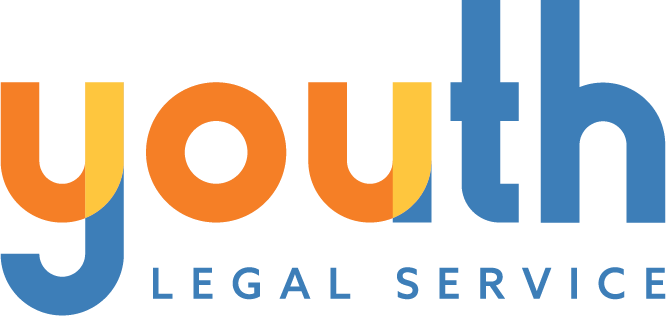20 May Young People Impacted by Trauma
|
Getting your Trinity Audio player ready...
|

International studies estimate that 62- 68% of young people will have been exposed to at least 1 traumatic event by the time they are 17[1].
Traumatic experiences range from single events that involve exposure to actual or threatened death or serious injury such as car accidents or sexual violence[2] to complex, intergenerational trauma and secondary trauma.[3] Complex trauma occurs when there are prolonged or repeated events that begin in childhood and extend, over long periods of time. Typically, these events are interpersonal and include things like neglect, physical and/or sexual abuse.[4] Intergenerational trauma is where the impact of trauma in the lives of parents is passed down to their children. This trauma occurs in the context of Aboriginal and Torres Strait Islander young people and among the children of refugees[5].
Complex and intergenerational trauma is common amongst particular groups of young people such as:
· Children and young people who live in out of home care because of issues of abuse and/or neglect.
· Young people who are under youth justice supervision. The experience of detention, including lockdowns, isolation, threats from others and conflict among detainees are likely to result in further experiences of trauma.
· Young people who are homeless. In 2017 it was estimated there were more than 26,000 young people aged 12 – 24 years who were homeless. Trauma is often one of the ways young people end up being homeless.
· Aboriginal and Torres Strait Islander young people, who are often at increased risk of experiencing complex trauma either directly or through intergenerational trauma.
Research has found trauma during childhood is associated with developmental difficulties, mental health and physical health disabilities, substance abuse and involvement with the police and justice system[6].
Many young people who experience trauma and are involved in the police and justice system also have Foetal Alcohol Spectrum Disorder (FASD). A study done in 2018 of young people at Banksia Hill Youth Detention Centre found that 36% of young people detained had FASD while 89% were found to have at least one form of severe neurodevelopmental impairment[7].
This, all too easily becomes a revolving door. A young person with FASD and complex trauma is more likely to be involved with the Justice system. The experience of imprisonment and being confined can exacerbate the trauma which increases the likelihood of recidivism.
It is easy to focus on the criminal acts of young people. A focus which can feed into the “get tough on crime” mentality that views crime as simply bad behaviour taken to extreme lengths. While it is important to encourage young people to be responsible and to take responsibility for their actions, we also must provide safe spaces where complex and intergenerational trauma can be expressed, and the healing process commenced.
Reconciliation Week begins on 27 May. This is an opportunity as a community to reflect on the intergenerational and complex trauma many young Aboriginal and Torres Strait Islander young people are dealing with. Yet it is not simply a time to reflect, we must also act. We must do what we can to encourage those safe spaces where young Aboriginal and Torres Strait Islander young people can begin the healing process and the trauma become transformed and their contribution to the community welcomed and honoured.

______
[1] Stress and trauma – Australian Institute of Health and Welfare (aihw.gov.au)
[2] ibid
[3] Bendall S, Phelps A, Browne V, Metcalf O, Cooper J, Rose B et al. 2018. Trauma and young people. Moving toward trauma-informed services and systems. Melbourne: Orygen, The National Centre of Excellence in Youth Mental Health.
[4] ibid
[5] ibid
[6] The Australian Child & Adolescent Trauma, Loss & Greif Network. Trauma, young people and Juvenile Justice
[7] fasd-justice-system-summary_information-sheet.pdf (fasdhub.org.au)
